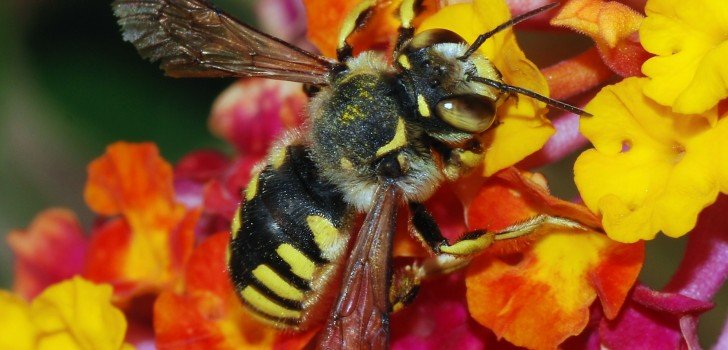As global temperatures slowly rise due to climate change, one of the impacts has started to reveal itself within bee populations being studied in Colorado. Although their population has been declining in recent years, they have also displayed what could be evolutionary adaptation as they compete for flower nectar.
Canadian and American scientists researched two species of alpine bumblebee, the Bombus balteatus and the Bombus sylvicola. Starting with specimens as far back as 1966, comparisons were made to specimens collected between 2012 and 2014. The researchers discovered that the tongue lengths of these two species declined around 25% over the period.
These alpine bees are known to prefer a species of plant that possess a long tubular petal. The longer petal tended to prevent access to the nectar except for creatures able to reach it, like the historically longer tongues of the alpine bees.
As these flowers habitat shifted further up the mountains with rising temperatures, the decreased available area has led to an associated drop in this species of flower. This has led to a 60% drop in food sources for these bees when compared to data from the 1970s.
The scientists then suggest that the bees have been in greater competition for flowers that do not possess the longer petals of their preferred species, and as a result, the bees have developed shorter tongues.
If these bees shorter tongues leads to them being unable to pollinate their formerly favorite flower species, it could then lead to further declines in the flower population. That has not happened yet, as this particular species lives many years.
Climate scientists often warn that the seemingly small impacts of climate change such as this study of mountain bees, will eventually turn into major impacts as a result of a domino effect. These concerns have also been directed at the ability of oceanic coral and shellfish to form their shells, as the carbon content of seawater rises.
Stay Connected